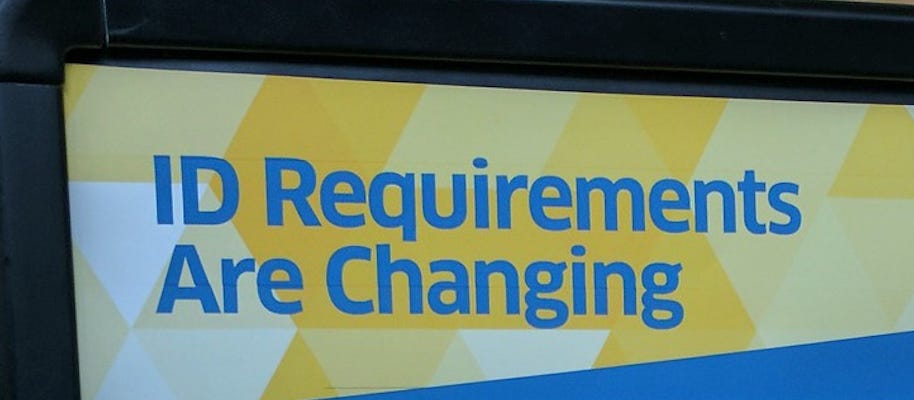Bill S-210 is Just the Beginning: How a Canadian Digital Lobby Group is Promoting a Standard to “Foster Widespread Adoption of Age Verification Technologies in Canada”
Proposed standard from the Digital Governance Council argues that recent trends “compel the need for a broader application of age verification technologies”

This week’s Law Bytes podcast features a revealing discussion with Senator Julie Miville-Dechêne, the chief architect and lead defender of Bill S-210 or the Protecting Young Persons from Exposure to Pornography Act. It may be the most dangerous Internet bill you’ve never heard of since it contemplates measures that raise privacy concerns, website blocking, and extend far beyond pornography sites to include search and social media. The bill started in the Senate and is now in the House of Commons, where last year Conservative, NDP, and Bloc MPs voted alongside a small number of Liberal MPs in favour of it at second reading and sent it to committee for further study. The government has called the bill “fundamentally flawed”, but there may be sufficient House support to turn it into binding legislation.
While Senator Miville-Dechêne emphasizes stopping underage access to sexually explicit material and her view that that goal merits site blocking and mandated age verification even for some uses of Google and Twitter, a new standards initiative suggests that some envision far more extensive use of mandated age verification systems. The Digital Governance Council is one of several Jim Balsillie-led organizations focused on influencing government digital and innovation policy. Its CEO is Keith Jansa, who Senator Miville-Dechêne identified in the Law Bytes podcast as her source for providing assurance of the privacy safeguards in the bill.
The DGC includes an accredited standard-setting arm which is now promoting the development of a standard for age verification which “aims to foster the widespread adoption of age-verification technologies in Canada.” The proposal for the standard makes it clear that Bill S-210 is only the start. In fact, it argues that recent trends “compel the need for a broader application of age verification technologies” than those envisioned by the bill. In doing so, it cites the need for age verification technologies for gaming platforms, live streaming video, virtual reality, online advertising, and chat forums. With regard to Bill S-210, the proposal maintains that support for age verification should extend far more broadly:
The proposed standard is crucial as Bill S-210 progresses through Parliament as it will define best practices in the fields of age verification and privacy protection to support the legislation when age-verification methods are prescribed. The need is also evident for industry and consumers considering continuous usage of age-verification dependent products.
The goal of the standard is therefore explicitly to expand the use of age verification:
This proposed standard aims to:
a. Facilitate the adoption of age-verification technologies in Canada,
b. Support the Canadian industry by establishing defined standards for age verification,
c. Encourage biometrics-based age-verification innovation by Canadian researchers, and
d. Ensure compatibility of Canadian regulations on age-verification with international standards.
Age verification may indeed be a useful tool, but the Australian government recently concluded that the technology is “immature, and present privacy, security, implementation and enforcement risks.” Despite those risks, Bill S-210 has advanced rapidly through the Parliamentary process and we now learn that a leading technology business lobby group is rushing to establish a standard with the express goal of fostering its widespread adoption in Canada, while at the same time providing behind-the-scenes advice on the privacy implications of Bill S-210. If you thought that bill was dangerous before, the work of the DGC suggests that the industry envisions a future with widespread use of mandated age verification technologies for accessing sites and services on the Internet.
Post originally appeared at https://www.michaelgeist.ca/2024/01/bill-s-210-is-just-the-beginning-how-a-canadian-digital-lobby-group-is-promoting-a-standard-to-foster-widespread-adoption-of-age-verification-technologies-in-canada/
Find me on:




This would effectively be an identity verification process, since it would be next to impossible to verify age without identity.
All for something that is easily bypassed by a motivated person.
It's a great time to leave Canada. I'd rather be a couple years early, rather than a day too late.